- Home
- entertainment
- news
- Little Richard changed music forever. But the singer struggled with addiction, a segregated music industry, and his own sexuality.
Little Richard changed music forever. But the singer struggled with addiction, a segregated music industry, and his own sexuality.
Isaiah Reynolds

- Little Richard is remembered as one of the most lively pioneers of rock 'n' roll music.
- Despite his status as a musical legend, Little Richard struggled throughout his career with addiction, his sexuality, and racism within the music industry.
The vibrant life and complicated legacy of music pioneer Little Richard is brought back to center stage in the upcoming documentary, "Little Richard: I Am Everything."
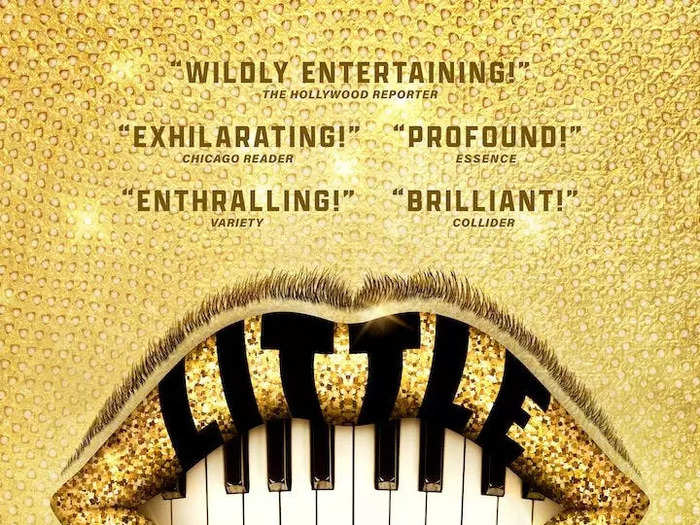
The documentary is set to release on April 21.
Source: Essence
The Magnolia Films project is expected to spotlight the often overlooked contributions of Black queer artists to rock 'n' roll and how those same artists fought to cement their place in history.
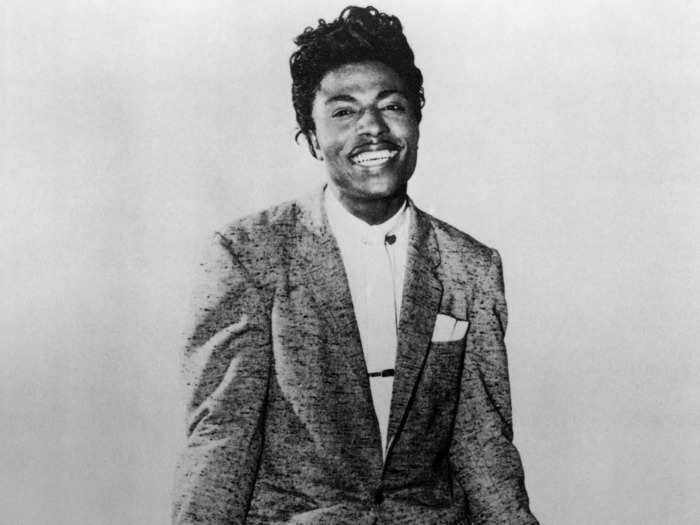
Source: Essence
Little Richard, or Richard Penniman, was born in Macon, Georgia, in 1932 to a family of preachers. He was one of 13 children.
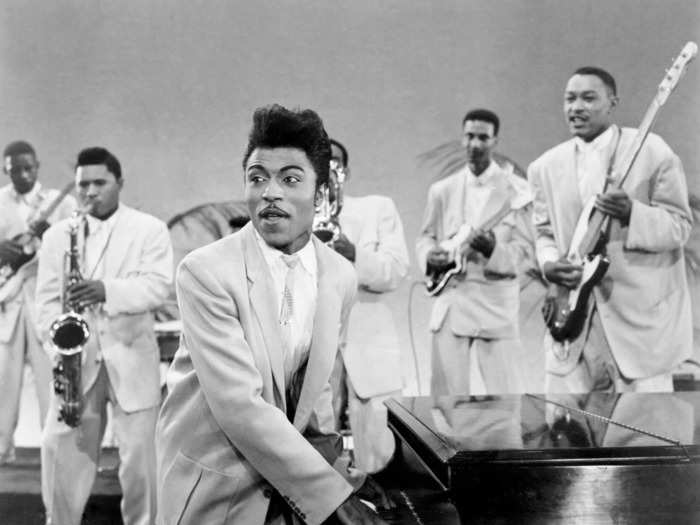
Although he sang in his local church, Penniman was kicked out of his father's home at age 13 because of his flamboyant nature — but local Macon musicians became his chosen family.
Source: Rolling Stone
Six years later, Little Richard landed his first record deal with RCA Records after performing at the Tick Tock Club in Macon. He adopted his spirited musical and personal style from Esquerita, a South Carolina-based pianist who wore expressive makeup and a pompadour hairstyle.
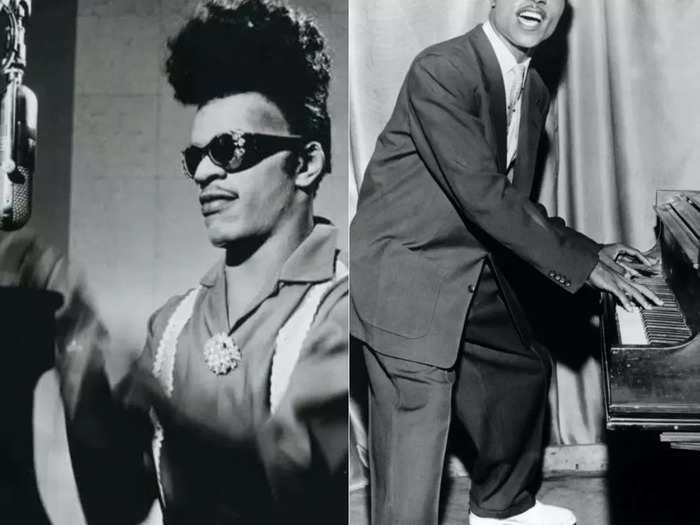
Source: Rolling Stone
"When I first came along, I never heard any rock 'n' roll. When I started singing [rock 'n' roll], I sang it a long time before I presented it to the public because I was afraid they wouldn't like it. I never heard nobody do it, and I was scared," Little Richard told Rolling Stone magazine in 1990.
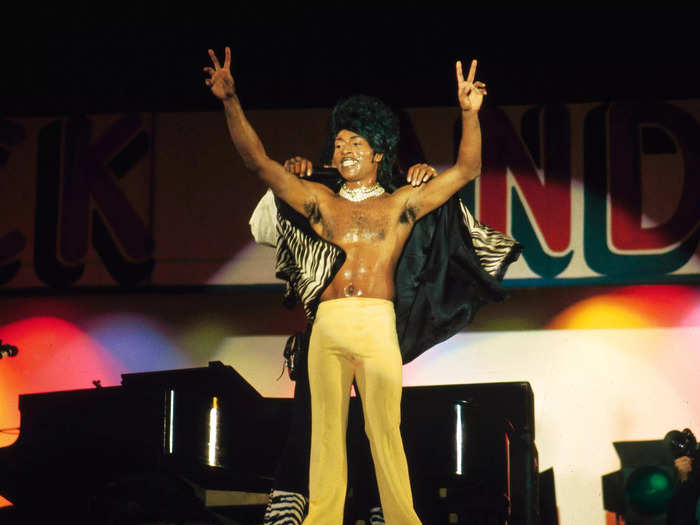
Source: Rolling Stone
His early climb to fame was slow and tumultuous. With little radio play in his first five years as a signed artist, Little Richard picked up shifts as a dishwasher at a Macon Greyhound Station to support his family.
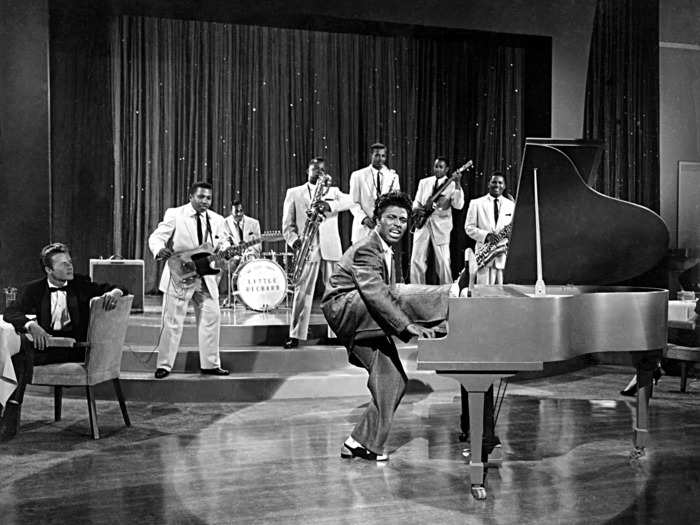
It was there, while washing dishes, that he came up with the now-infamous line in his first hit "Tutti Frutti": "a-wop-bob-alu-bob-a-wop-bam-boom."
He sent the record to Specialty Records in Chicago. The song went on to peak at #17 on the pop chart.
Source: Rolling Stone
In the years that followed, Little Richard released more hits, including "Long Tall Sally," which peaked at #6 on the pop chart, and "Slippin' and Slidin'." His integration of the Southern gospel and blues of Macon into the landscape of emerging rock 'n' roll, combined with his captivating performances, quickly caught the attention of the nation.
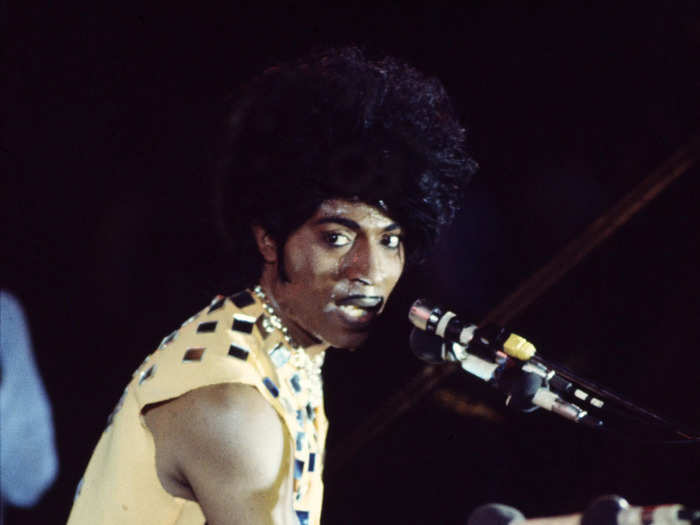
Source: Rolling Stone
Despite increasing national success, the music business remained a largely segregated industry in the 1950s.
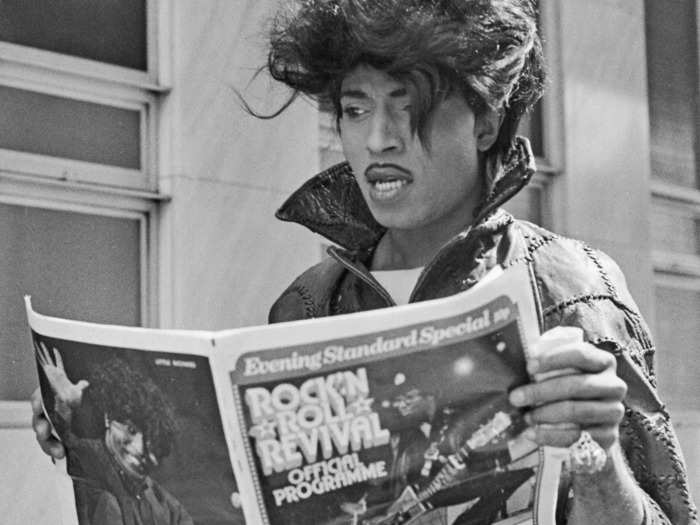
Infamously, Pat Boone's slowed down renditions of "Tutti Frutti" and "Long Tall Sally" charted higher than Little Richard's original versions.
Source: Rolling Stone
After a brief hiatus from rock 'n' roll and a stint in gospel music, Little Richard re-emerged into music in the mid-1960s amongst other legends like the Rolling Stones and Bob Dylan.
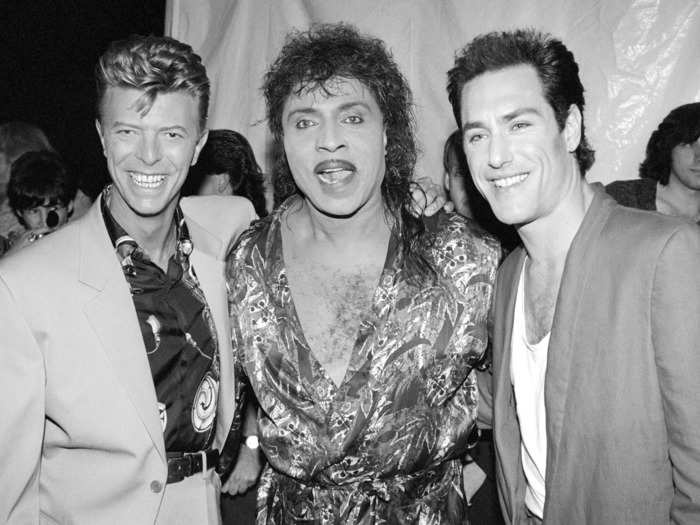
His success by the end of the decade was marked by sold-out performances in Las Vegas, Atlantic City, and Toronto. His international recognition solidified him as a living legend — but his personal struggles continued.
Source: New York Times
The singer struggled with addiction, which included extensive use of LSD, PCP, heroin, and cocaine, famously telling People Magazine he was "blowing about $1,000 of cocaine a day."
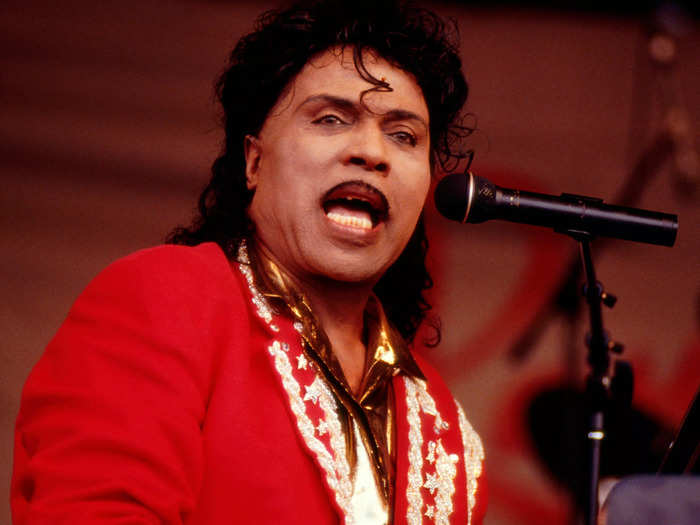
"When I'd blow my nose, blood and flesh would come out on my handkerchief," Little Richard elaborated. Due to drug use, he would not be able to remember entire days at a time, lose track of time, and "somehow forgot that, because of a birth defect, his right leg was three inches shorter than his left."
Source: People
In his 1984 biography, Little Richard condemned homosexuality as "contagious" and "not something you're born with."

Source: Rolling Stone
However, three years later in an interview with Playboy, he drastically changed his stance saying, "I love gay people. I believe I was the founder of gay… I was very beautiful; I had hair hanging everywhere. If you let anybody know you was gay, you was in trouble; so when I came out I didn't care what nobody thought."
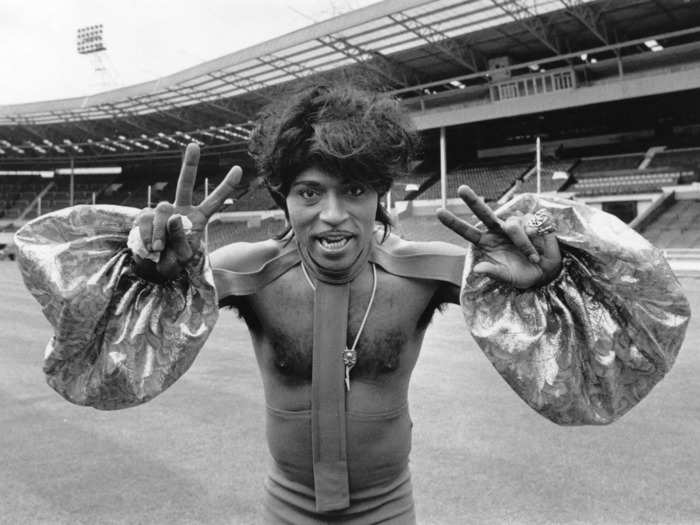
Source: Rolling Stone
Then, in a 2010 interview with GQ, Little Richard called himself an "omnisexual," saying "Sex to me is like a smorgasbord. Whatever I feel like, I go for."
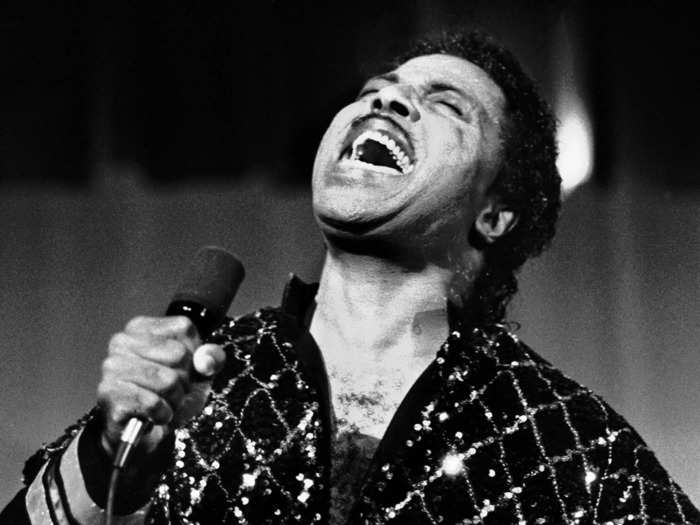
Source: GQ
However in 2017, he took a different position, telling the Three Angels Broadcasting Group "[God] made men, men. He made women, women, you know? And you've got to live the way God wants you to live."
![However in 2017, he took a different position, telling the Three Angels Broadcasting Group "[God] made men, men. He made women, women, you know? And you](https://staticbiassets.in/thumb/msid-98997650,width-700,height-525,imgsize-331718/however-in-2017-he-took-a-different-position-telling-the-three-angels-broadcasting-group-quotgod-made-men-men-he-made-women-women-you-know-and-youaposve-got-to-live-the-way-god-wants-you-to-live-quot.jpg)
Source: Rolling Stone
"He was very, very good at liberating other people. He was not good at liberating himself," said scholar and music journalist Jason King in the documentary's trailer. The layered context of Little Richard's life encapsulates the often tragic turmoil of Black queer artists, regardless of commercial success.
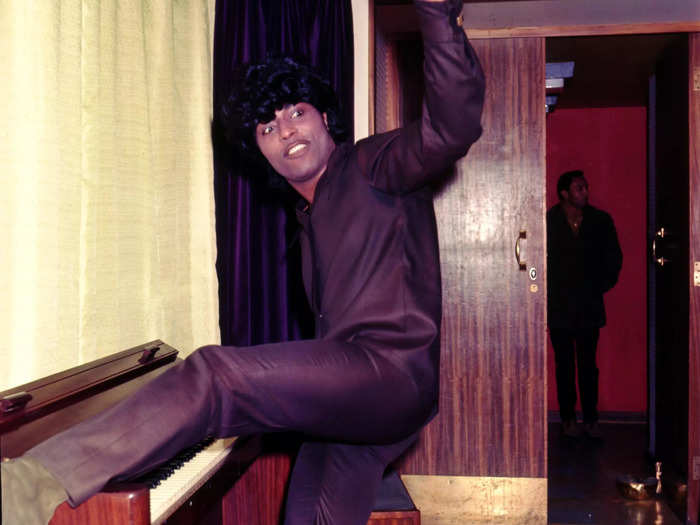
As one of the original inductees of the Rock & Roll Hall of Fame and recipient of the Lifetime Achievement award from the Recording Academy, his status as a legend is undeniable. As an non-conventional Black artist and pioneer, his contributions continue to shape artistry and industry today.
Source: Rolling Stone
Popular Right Now
Popular Keywords
Advertisement